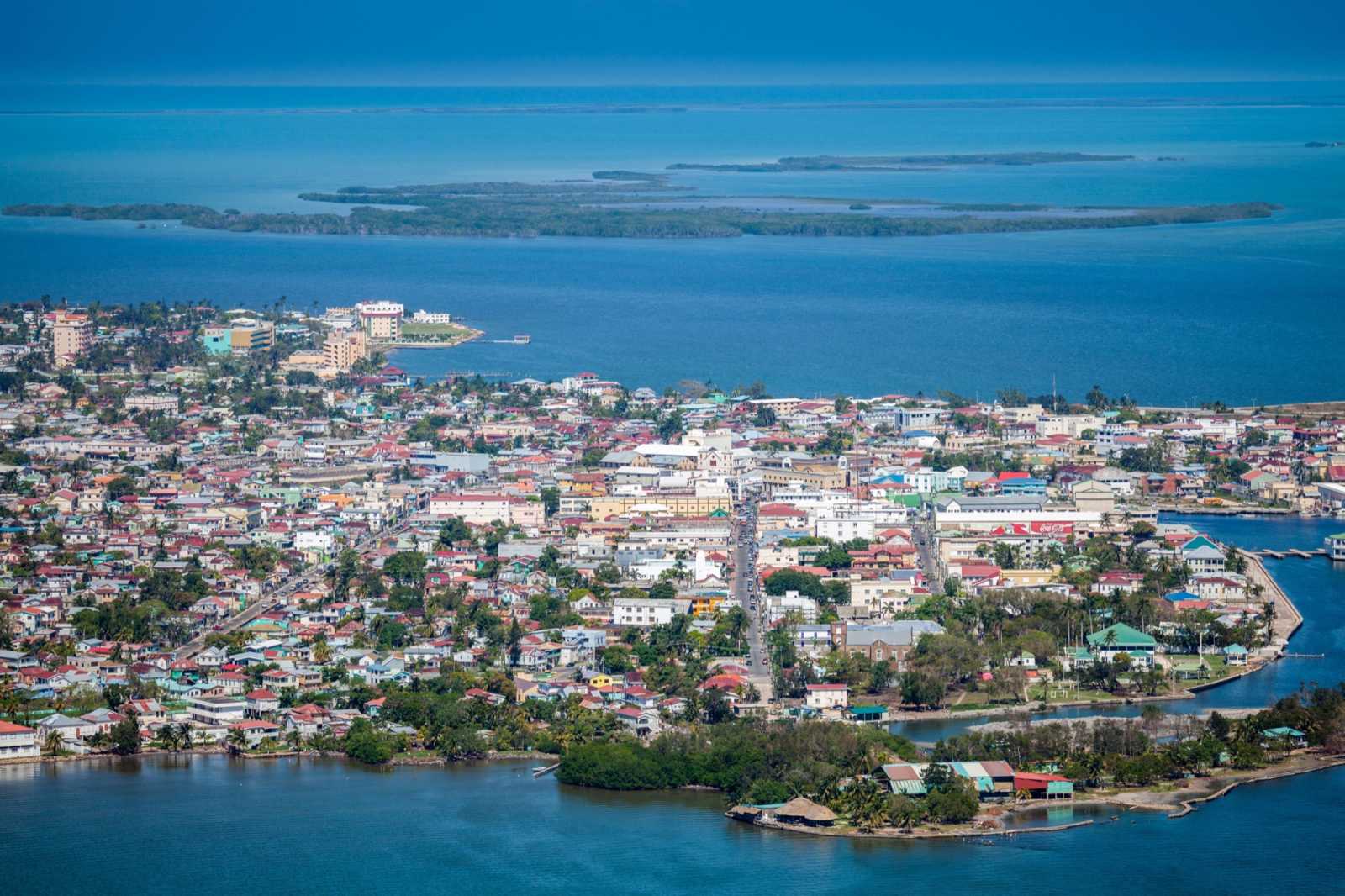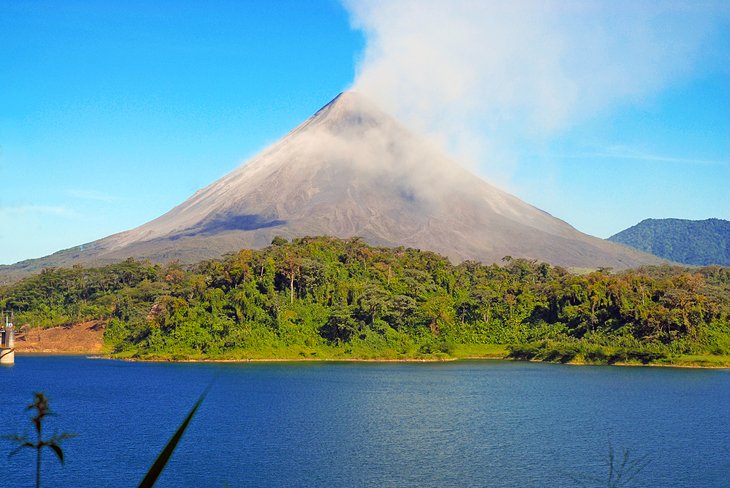Plan Your Travel To French Polynesia
French Polynesia Travel Essentials
"Cultural and Romantic Canvas of Europe"
French Polynesia Tourism
Surrounded by pristine blue waters, French Polynesia is a captivating holiday destination with stunning white-sand beaches. Situated in the South Pacific Ocean, this well-known tourist destination has captivated tourists with its breathtaking scenery, lively culture, and customary Polynesian friendliness. French Polynesia is a haven for snorkelling, scuba diving, and other water sports, with its many tranquil islands, stunning coral reefs, and varied marine life. In addition, guests may take part in traditional dance performances, peruse the distinctive artwork and crafts, and indulge in delectable Polynesian food as ways to fully immerse themselves in the native way of life. In summary, French Polynesia is a great place to travel to if you want to take in the breathtaking scenery, learn about a distinct culture, and have a laid-back tropical vacation.
Must Know Before You Travel to French Polynesia
- 1. Entry Requirements: As a French territory, visitors from the United States, Canada, and many other countries don't need a visa to enter French Polynesia as long as they stay less than 90 days. However, all visitors are required to have a valid passport and a return or onward ticket. Your passport must be valid for at least six months after the end of your visit.
- 2. Currency: The local currency is the French Pacific Franc (CFP). While some tourist facilities may accept U.S. dollars, most local businesses only accept CFP. We recommend exchanging your currency at the bank or withdrawing money from an ATM upon arriving in French Polynesia.
- 3. Language: French and Tahitian are the official languages spoken in French Polynesia. English is also widely spoken in tourist areas. It is always a sign of respect for locals to learn some simple words and phrases in French or Tahitian.
- 4. Climate: French Polynesia has a warm and humid tropical climate year-round, with temperatures averaging around 80 degrees Fahrenheit. The wet season runs from November to April, while the dry season lasts from May to October. Remember to pack lightweight and comfortable clothing, mosquito repellent, and high-SPF sunscreen.
- 5. Transportation: The most common transportation method in French Polynesia is by boat or plane, with Air Tahiti being the primary airline. Buses and taxis are available on most islands. We recommend booking transportation ahead of time if you're traveling during the high season.
- 6. Health and Safety: French Polynesia has a low crime rate, but exercise caution in congested tourist areas and always secure your valuables. There are several hospitals and clinics available for medical emergencies. Tourists are advised to drink only bottled water and practice good hygiene to prevent illness.
- Cultural Etiquette: Polynesians are known for their warm hospitality. Greet locals with a friendly "Ia ora na" and be respectful of customs. Remove shoes when entering homes.
- Water Activities: French Polynesia is renowned for its vibrant marine life. Enjoy snorkeling, diving, and lagoon excursions. Respect marine conservation efforts and reef ecosystems.
- Tahiti and Bora Bora: Explore Tahiti's vibrant markets and cultural sites. In Bora Bora, experience overwater bungalows, pristine beaches, and Mount Otemanu's stunning views.
- Heiva Festival: If visiting in July, experience the Heiva Festival, celebrating Polynesian culture with dance, music, sports, and traditional ceremonies.
- Matira Beach: Matira Beach in Bora Bora is renowned for its white sand and turquoise waters. Relax on the beach, swim, or engage in water sports.
Tourist Places to Visit In French Polynesia
Bora Bora
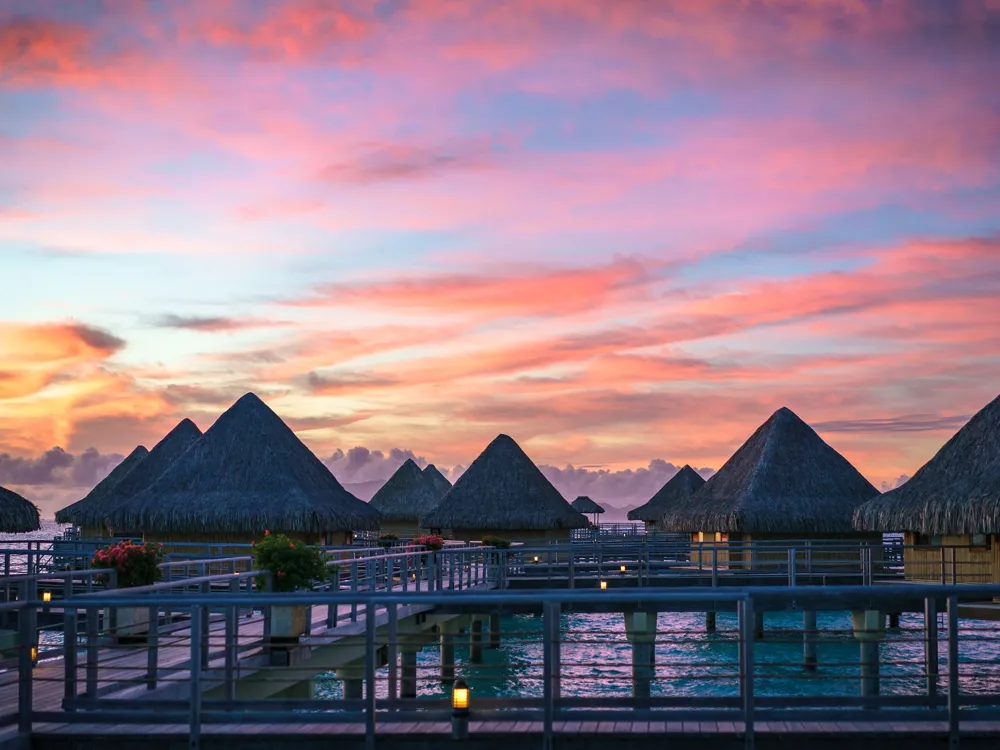
French Polynesia Travel Packages
Compare quotes from upto 3 travel agents for free
View All Packages For French polynesia
More on French Polynesia Travel
All collections about French polynesia
Best time to visit French Polynesia
The best season to travel to French Polynesia is thought to be between June and September, when the climate is at its driest and not very hot. Although this is considered the 'peak' season, any time of year will allow you to have an amazing vacation in the French Polynesian Islands. May through October is French Polynesia's dry season, and it's the ideal time to travel there. There are less odds of rain and humidity at this time of year, making for more comfortable weather. Additionally, this season's temperatures, which range from 20 to 30°C (68 to 86°F), make it the perfect time to enjoy water sports like swimming, scuba diving, and snorkelling. The shoulder season, which spans from November to April, is also a fantastic time to go, despite the possibility of a little bit of rain and increased humidity. Nonetheless, there are more affordable lodging options and better surfing conditions during this time of year.
Read More on French Polynesia Travel
Exchanging money in French Polynesia:
Changing money is not too difficult while travelling to French Polynesia. The French Pacific Franc (XPF), which is the official currency of the islands, is exchangeable at banks and exchange bureaus. Additionally, ATMs are generally accessible, especially in well-known tourist locations. Most bigger facilities, including restaurants, stores, and hotels, accept credit cards. Be cautious and check with your bank or credit card provider before travelling since there can be costs related to currency conversion and credit card transactions. Furthermore, it's a good idea to keep some cash on hand in case your credit card is declined or for smaller transactions.
Nightlife in French Polynesia:
In addition to its rich cultural heritage and breathtaking natural beauty, French Polynesia is also known for its exciting nightlife. The major islands of Tahiti provide a profusion of bars, nightclubs, and restaurants for visitors to enjoy, especially in Papeete, the capital. Live music events, cultural presentations, and Polynesian dance performances all add to the vibrant environment. Along with indulging in the island's delectable food, visitors may enjoy unique beverages and the refreshing sea wind. Everyone may find something to enjoy in French Polynesia, whether they're looking for a laid-back evening or a thrilling night.
Shopping in French-Polynesia:
French Polynesia provides a distinctive fusion of modern and traditional styles for shopping. Travelers should not miss seeing the marketplaces in Papeete, as they provide an insight into the way of life there. Pearls, vibrant pareos, and traditional handicrafts are all available here. The biggest supermarkets and shopping centres offer reasonably priced contemporary conveniences. Shopping on isolated islands, however, could only be possible at little shops selling necessities. Another option for tourists is to browse at upscale boutiques that carry designer goods. All things considered, shopping in French Polynesia is a fun experience with a variety of goods to suit any budget.
Festivals in French-Polynesia:
A significant part of French Polynesia's dynamic culture are festivals. Numerous celebrations that honour the islands' rich history and customs are exclusive to them. Heiva, a July celebration including dancing competitions, music events, and sporting activities, is one of the most popular festivals. Te Manahau, the Marquesas Arts Festival, and the Tahiti Festival of the Arts are a few more well-known festivals. Through traditional arts and crafts, music, and dance performances, tourists may experience the passion and creativity of Polynesians at these festivities.
Hygiene in French-Polynesia:
Because of the tropical environment and close proximity of the islands, cleanliness is very important in French Polynesia. In order to raise hygiene standards, the government has put in place a number of initiatives, including routine food facility inspections and water quality monitoring. To stop the transmission of germs, guests are advised to often wash their hands, particularly before eating. It's also critical to prepare shrimp and shellfish correctly and to limit your water intake to bottled varieties. To prevent infections spread by mosquitoes, using insect repellent is also recommended. Overall, sustaining a safe and healthy environment in French Polynesia depends on people adopting proper hygiene practices.
Tips for visiting French Polynesia:
1. Choose the Right Time to Visit: The best time to visit French Polynesia is during the dry season, which runs from May to October. This is when the weather is at its most pleasant and the sea is calm, making it ideal for swimming, diving, and water activities. However, if you want to see the humpback whales, the best time to go is from July to November.
2. Plan Your Itinerary: French Polynesia is made up of 118 islands, so it’s important to plan your itinerary before you travel to make the most of your time there. Start by researching the different islands and activities, and choose the ones that interest you the most. Some of the must-visit islands include Tahiti, Bora Bora, Moorea, and Huahine.
3. Learn Some Polynesian Phrases: Although English is widely spoken in French Polynesia, it’s always a good idea to learn some basic Polynesian phrases to help you communicate with the locals and show respect for their culture. Some common phrases include “ia orana” (hello), “murmurs” (thank you), and “aita” (no).
4. Respect the Culture: French Polynesia has a rich and unique culture, so it’s important to respect their customs and traditions while you’re there. For example, it’s customary to remove your shoes when entering someone’s home and to dress modestly when visiting religious sites. Also, never touch someone’s head, as it is considered disrespectful.
5. Pack Lightweight Clothing: French Polynesia has a warm tropical climate year-round, so it’s best to pack lightweight and breathable clothing to stay cool and comfortable. Don’t forget to bring a swimsuit, sun hat, sunglasses, and sunscreen to protect yourself from the sun.
6. Try local cuisine: French Polynesian cuisine is a fusion of French and Polynesian flavors, which makes for some mouth-watering dishes. Don’t be afraid to try new foods like poisson cru (raw fish salad), fei (Polynesian banana), and breadfruit, all of which are unique to the region.
7. Take Advantage of the Water Activities: French Polynesia is famous for its crystal-clear waters and abundant marine life, which makes it the perfect destination for water activities like snorkeling, diving, and kayaking. Make sure to take advantage of these opportunities while you’re there to fully immerse yourself in the beauty of the islands.
Food of French Polynesia:
French Polynesia is well known for its unique and mouthwatering cuisine, which features a wide variety of tropical fruits and fresh fish. Poisson cru, a ceviche-like meal made with raw fish, lime juice, coconut milk, and vegetables, is one of the traditional foods. Another well-liked cuisine is called Fafa, which is made of cooked taro leaves eaten with fish or meat and coconut milk. Furthermore, pineapples from French Polynesia are well-known for being sweet and succulent and are frequently used in desserts and mixed drinks. In addition, the islands are home to a wide range of exotic fruits, including passion fruit, papayas, and mangoes, which are used in various regional cuisines and beverages. In general, French Polynesia's cuisine is a delicious blend of French, Polynesian, and other world flavours.
Photos of French Polynesia
All Country Photos French polynesia
Popular Questions And Answers on French Polynesia
What is French Polynesia?
French Polynesia is a group of islands located in the South Pacific Ocean, known for its stunning scenery, turquoise waters, beautiful coral reefs, and rich cultural history.
Do I need a visa to travel to French Polynesia?
If you are a citizen of the United States, Canada, or a member of the European Union, you do not need a visa for a stay of up to 90 days. If you are from another country, please check with the French consulate for visa requirements.
When is the best time to visit French Polynesia?
The best time to visit French Polynesia is between June and August when the weather is mild and dry. December to February is the rainy season, and the weather can be unpredictable.
What should I pack for a trip to French Polynesia?
Pack lightweight, comfortable clothing made of breathable fabrics such as cotton or linen. Swimwear, sunscreen, insect repellent, and a hat are also essential.
Can I drink the tap water in French Polynesia?
The tap water in French Polynesia is safe to drink but can have a different taste due to the high mineral content. Bottled water is widely available and recommended for those who prefer it.
What is the official language in French Polynesia?
French and Tahitian are the official languages of French Polynesia, although English is widely spoken in tourist areas.
What currency is used in French Polynesia?
The official currency of French Polynesia is the French Pacific Franc (XPF). US dollars and major credit cards are also widely accepted.
Are there any cultural customs I should be aware of when visiting French Polynesia?
Yes, Polynesian culture is very important in French Polynesia, and visitors are expected to respect local customs and traditions. This includes removing shoes before entering someone's home, dressing modestly, and asking for permission before taking photos.
What are some popular activities to do in French Polynesia?
Popular activities in French Polynesia include exploring the islands' natural beauty, snorkeling or scuba diving, hiking, surfing, and learning about Polynesian culture through dance, music, and art.


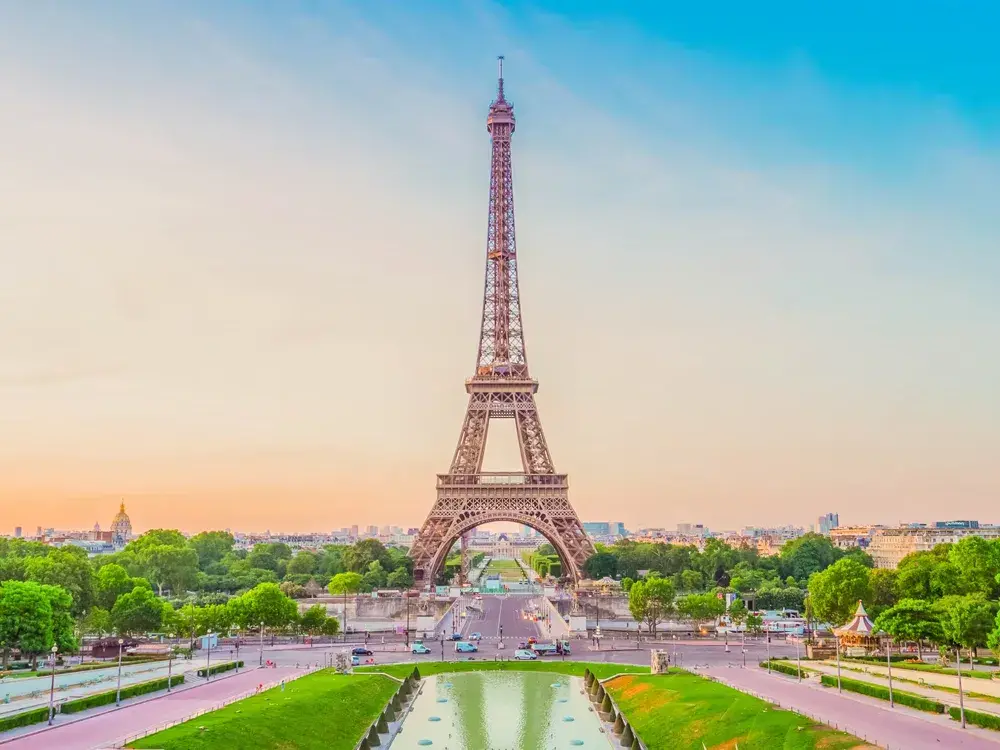
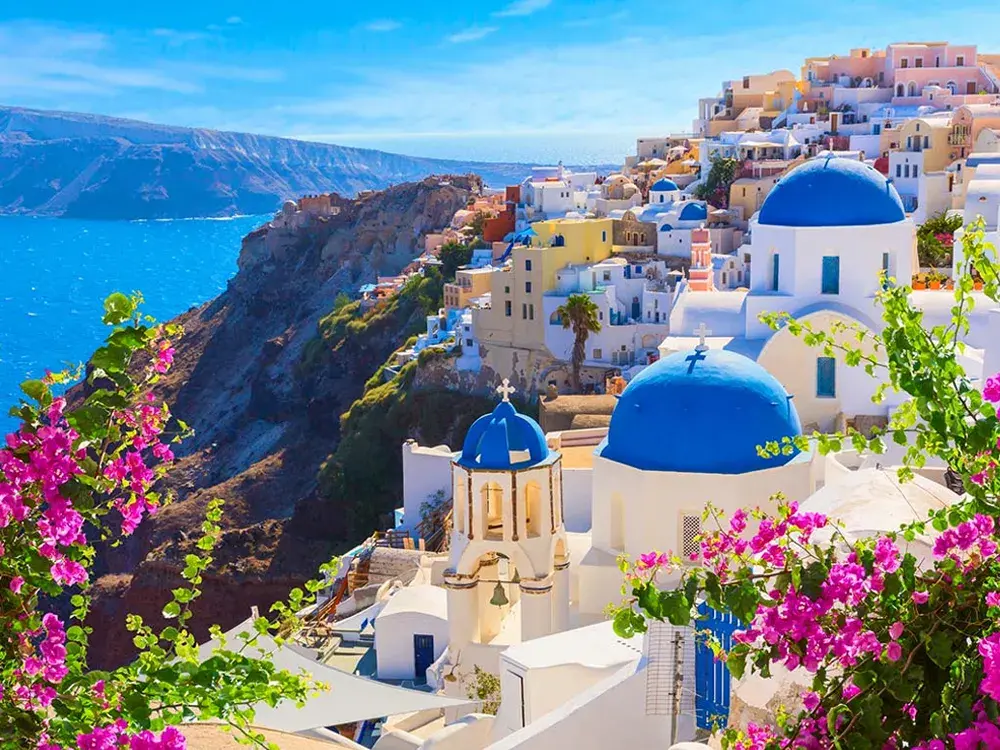
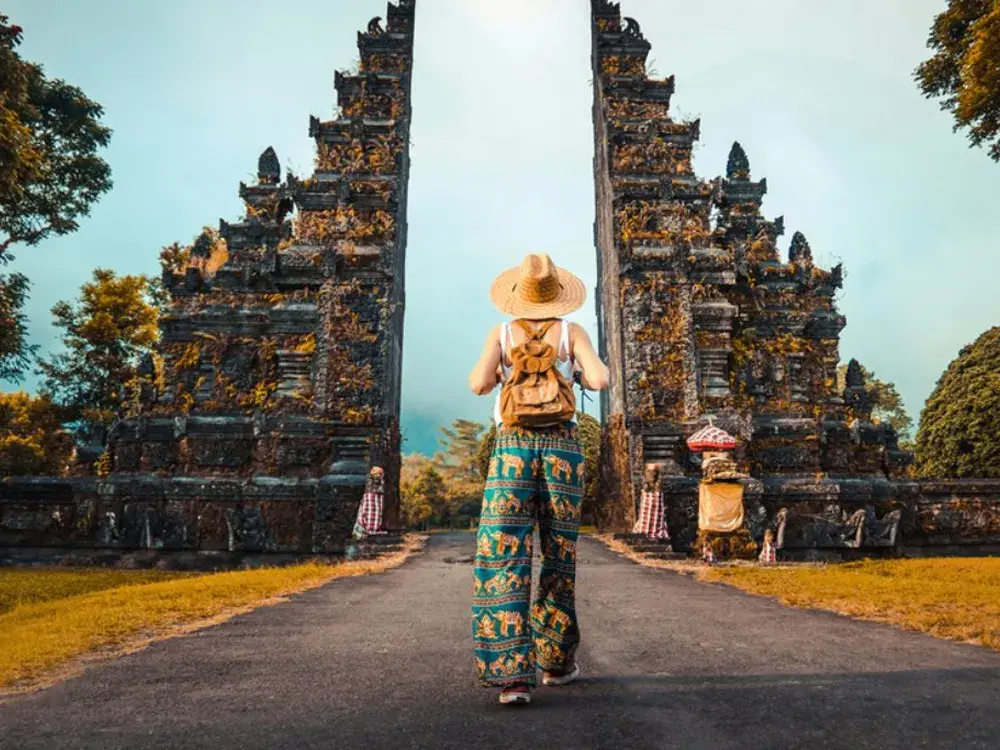
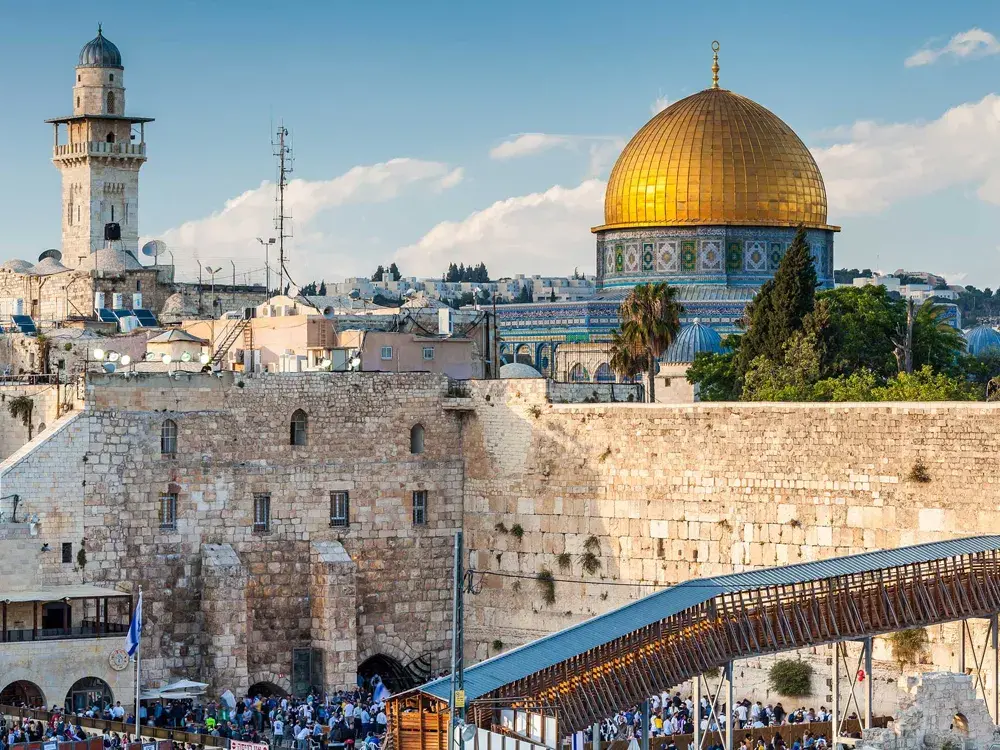
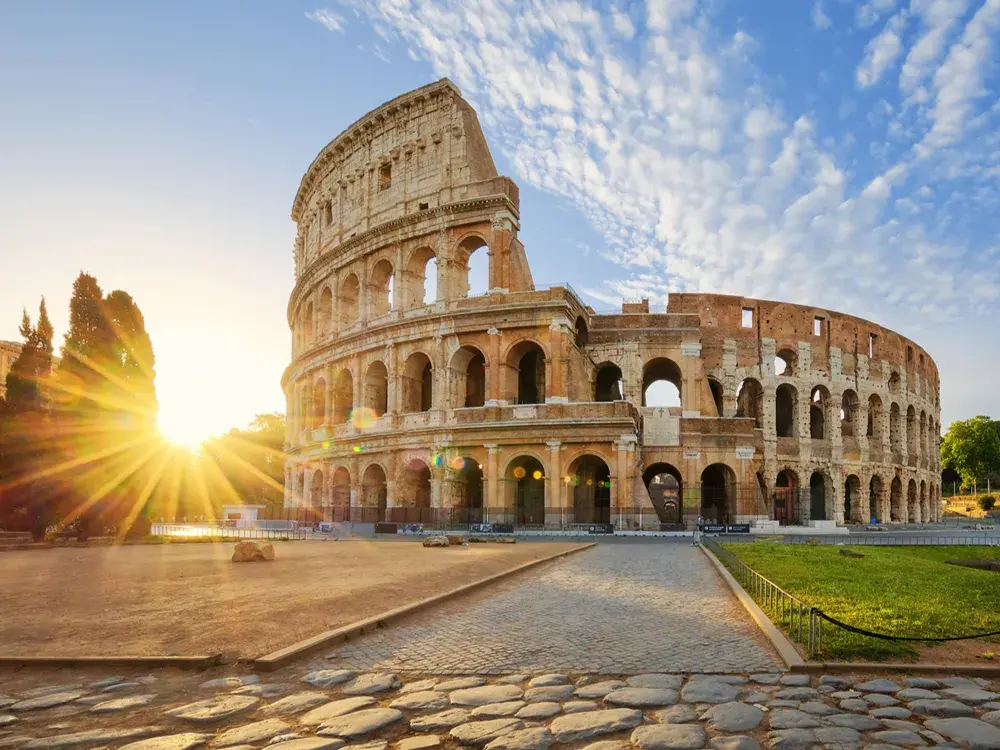
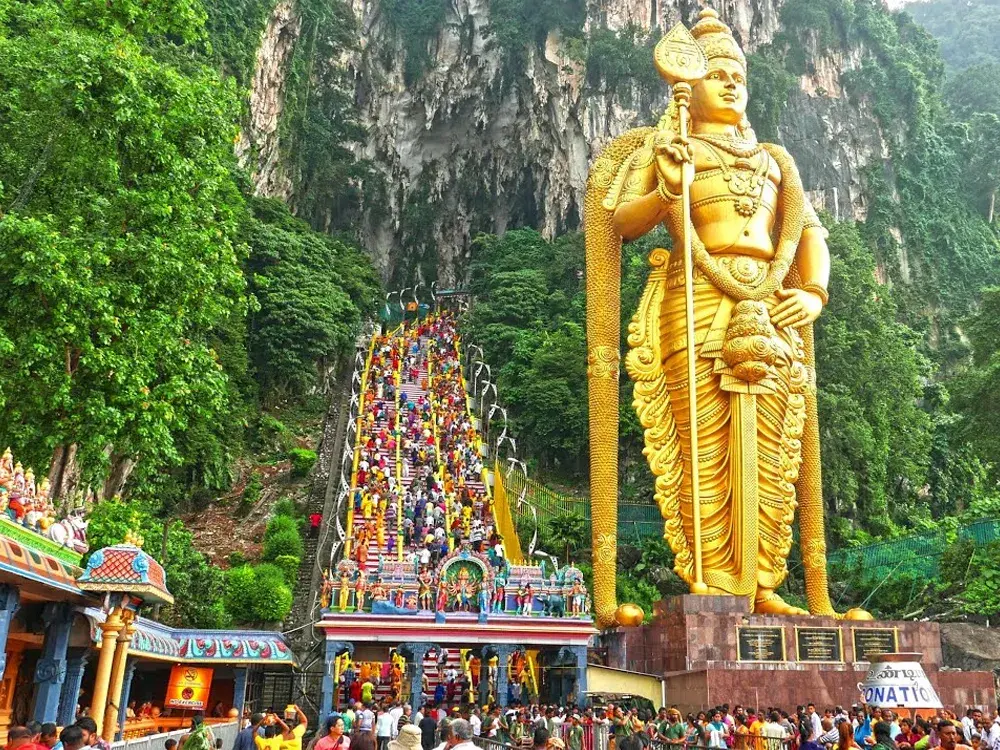
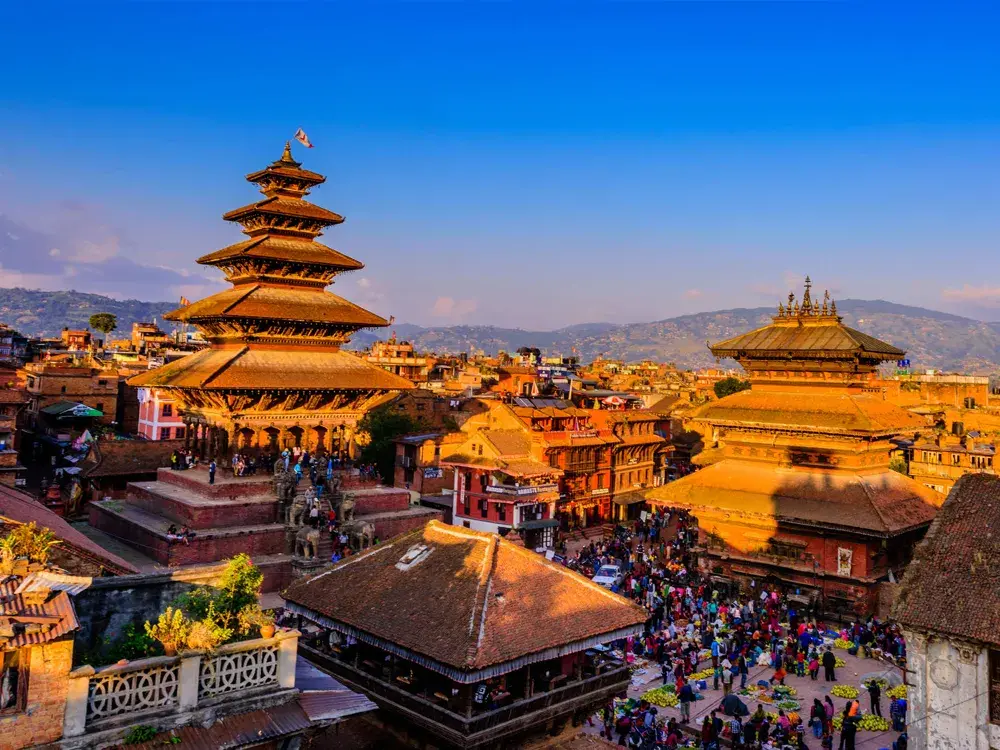
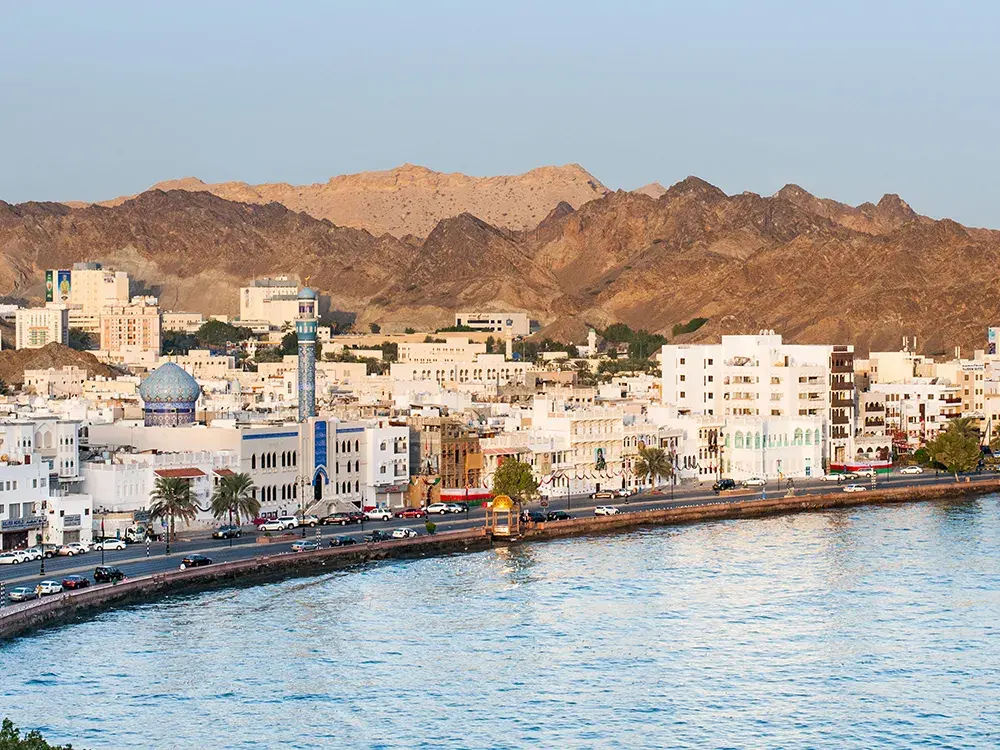
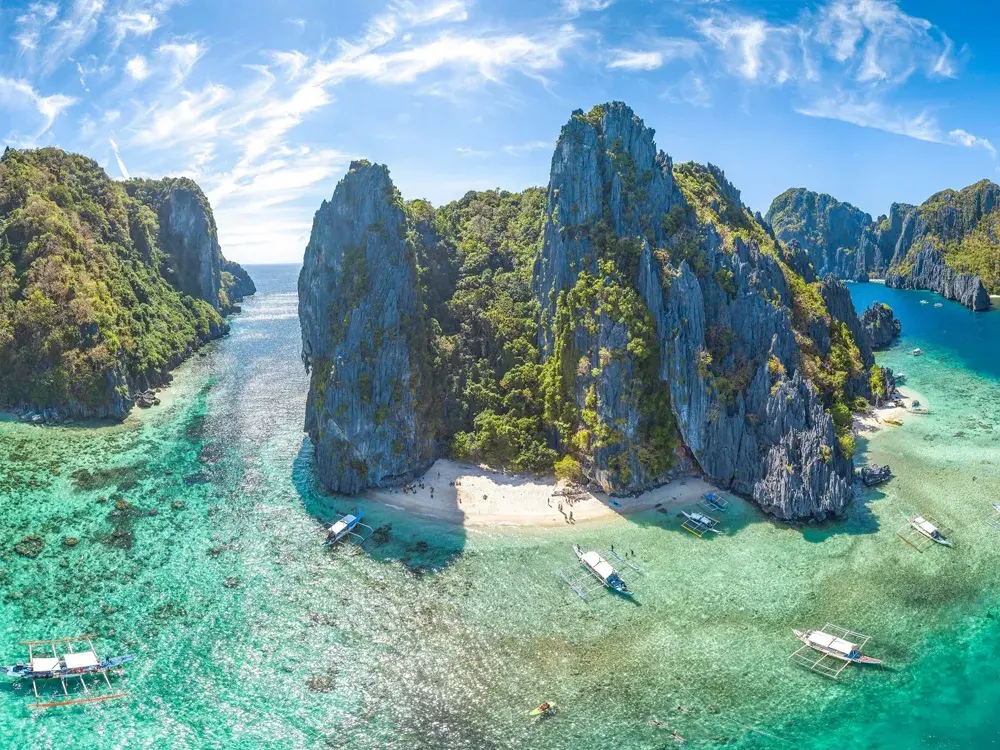
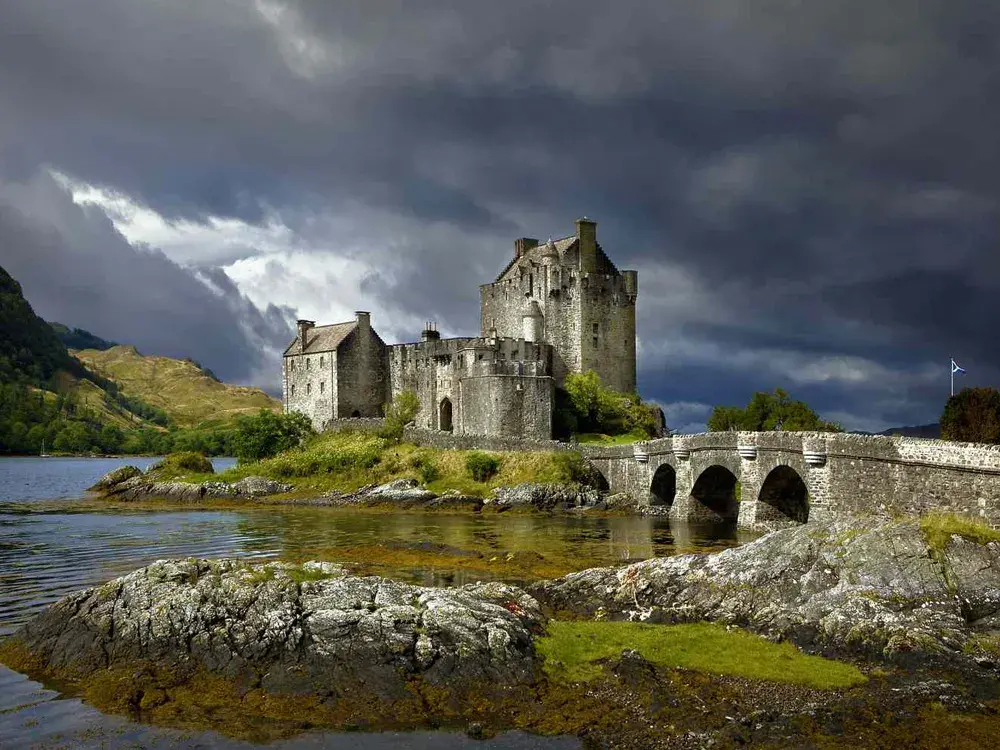
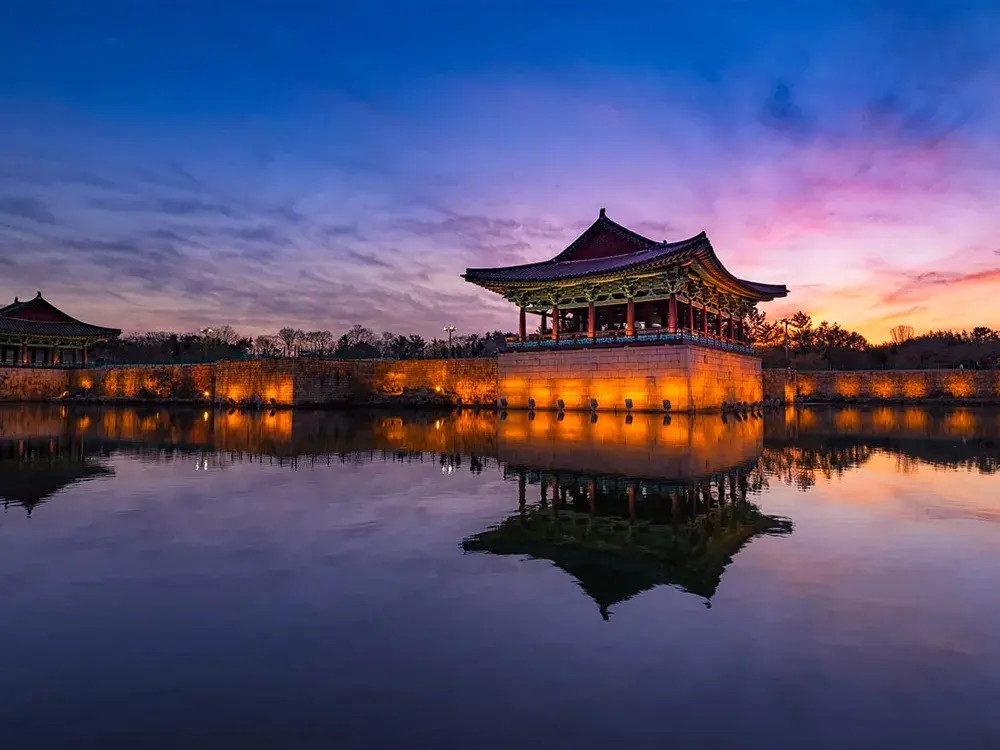
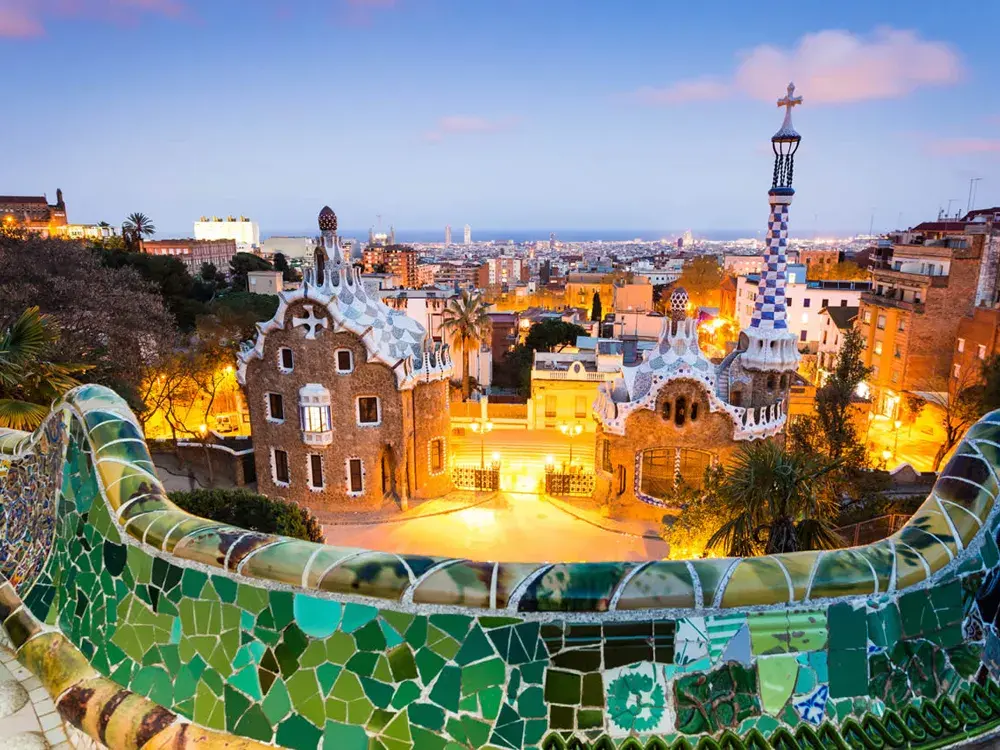

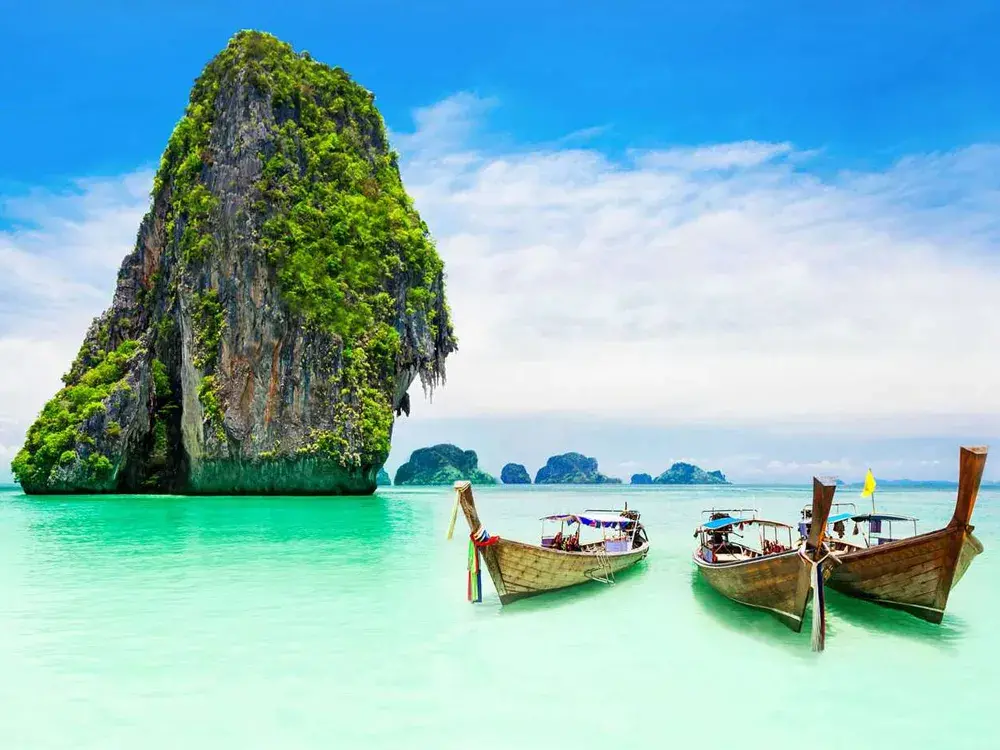

.webp)







